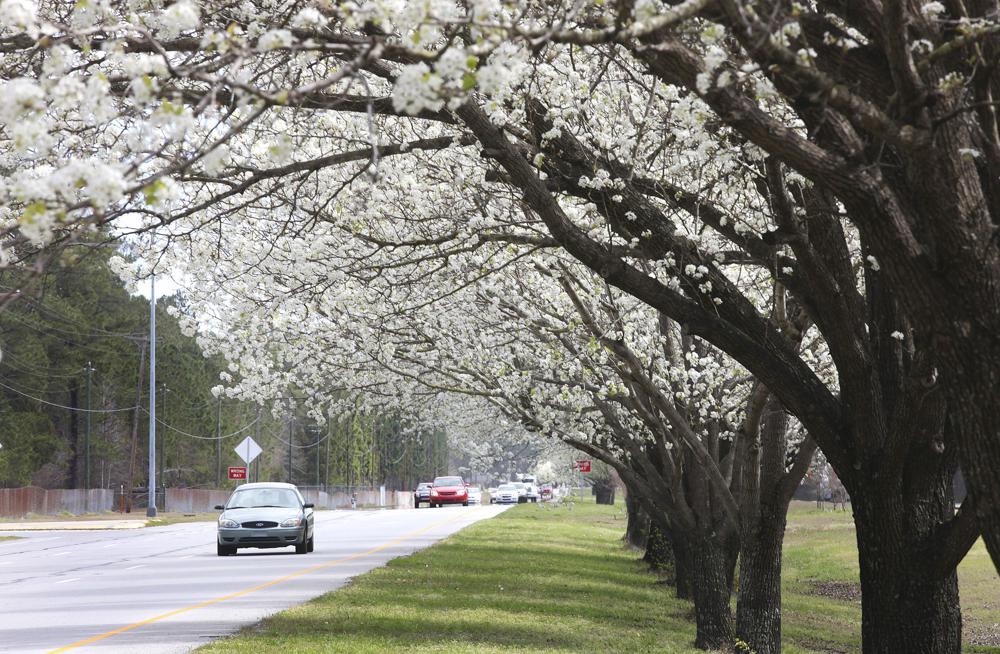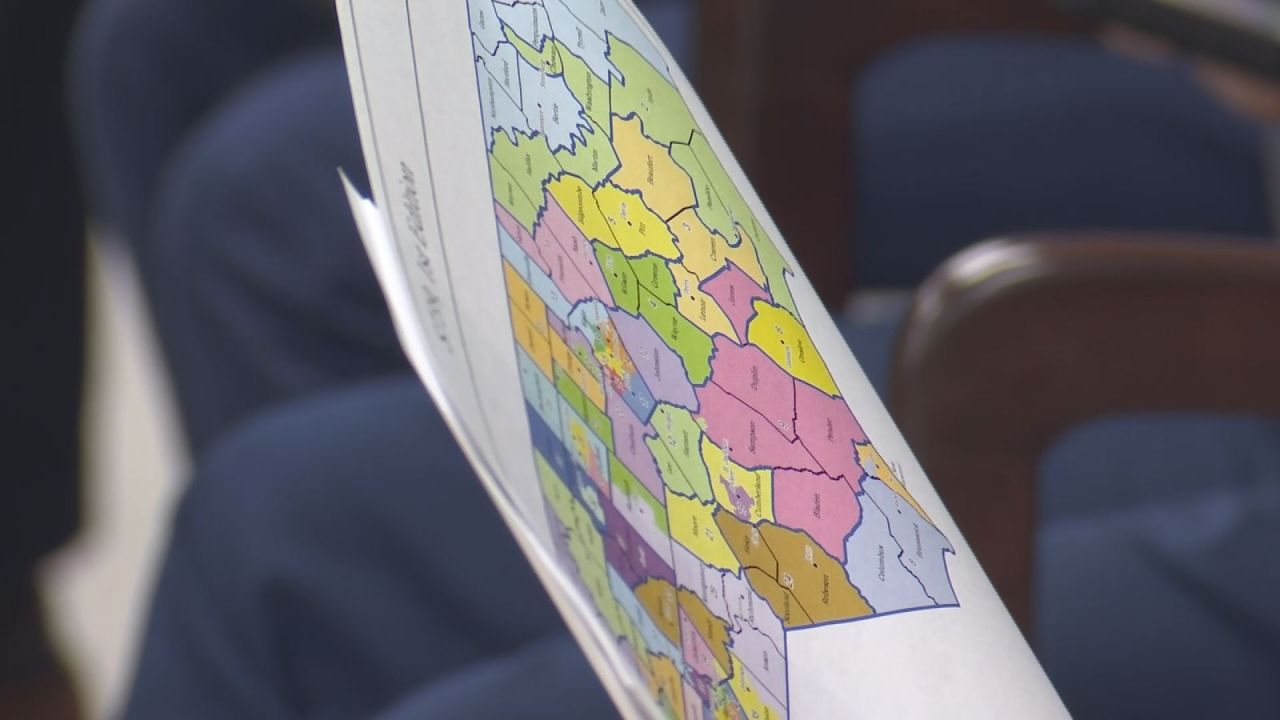There was a very revealing moment at last week’s public hearing on fracking in North Carolina. The Department of Environment and Natural Resources (DENR) had heard from a couple of dozen people – a mix of scientists, medical professionals, researchers, landowners in the shale zone, and concerned citizens – all opposing fracking, when Lew Ebert, the CEO of the N.C. Chamber of Commerce stepped to the microphone.
He delivered a general plea for more economic growth and offered that the gas deposits represented a wonderful opportunity for the state. As he concluded, he made a remarkable statement. He implored the officials not to “believe the opinions of scientists”.
During the previous hour he had heard a geologist who had worked for the Nuclear Regulatory Commission describe the unique diabase dike formations in the Triassic Basin of central NC. The fissures run vertically, not horizontally as in most places, and would allow fracking fluids much more direct access to groundwater.
Another scientist explained that air quality is negatively affected by this type of mining and that high ozone levels have been detected at fracking operations.
He heard a physician speak about the lack of knowledge concerning the health effects of the chemical soup that is injected into the rock to liberate the natural gas.
Two people who had lived in Dimock, PA, where extensive fracking is ongoing, presented sobering data on the radical increase in heavy truck traffic with resultant road damage, the exploitation of the worker population through rent increases (which altered the housing costs for all), the increases in violent crime and DUI’s, the extensive consumption of imported water because of contaminated wells, and more.
Alternative energy researchers highlighted the burgeoning solar and wind activity in NC and the great potential for this trend to far surpass natural gas extraction in job production, without the intensive disrupting effects of fracking.
Amongst these presenters were a small handful of fracking proponents. For comic relief, a climate science denier took the microphone and seemed to say that since there is no climate change then we should have no concerns about fracking in that regard.
A former Pennsylvania Department of Environmental Protection staff member and current industry consultant assured everyone that, if the proper regulations were in place, that fracking could be done safely. The few that actually offered public statements decried the uninformed emotion of the naïve environmental crowd and urged the rejection of dogma over science. They offered vague paeans to jobs, prosperity, and energy independence.
From the tea party “drill, baby, drill” crowd wearing matching red t-shirts and waving matching signs that greeted drivers at the road to the few pro-fracking speakers, the total lack of any data or scientific information to bolster their position was inescapable.
Related Stories
‹

Takeaways: Election Denier Wins, Bad Behavior Dooms CawthornWritten by JILL COLVIN and NICHOLAS RICCARDI In the Pennsylvania governor’s race, a candidate who has spread lies about the 2020 vote count won the Republican nomination, putting an election denier within striking distance of running a presidential battleground state in 2024. Meanwhile, former President Donald Trump’s support was enough to elevate his Senate candidate to […]

‘Bounty’ Offered on Invasive Bradford Pear Trees in NCWritten by THE ASSOCIATED PRESS A new program in North Carolina is placing a “bounty” on invasive Bradford pear trees as they spread through forests in the state. The initiative is set to start with an April 23 event in Greensboro and could expand to more locations in the fall, according to North Carolina State […]

Court Rejects GOP Redistricting Plans in NC, PennsylvaniaWritten by MARK SHERMAN In a victory for Democrats, the Supreme Court has turned away efforts from Republicans in North Carolina and Pennsylvania to block state court-ordered congressional districting plans. In separate orders late Monday, the justices are allowing maps selected by each state’s Supreme Court to be in effect for the 2022 elections. Those maps […]
![]()
Census Data Kicks off Effort To Reshape US House DistrictsWritten by DAVID A. LIEB and NICHOLAS RICCARDI Redistricting season officially kicks off with the release of detailed population data from the U.S. Census Bureau that will be used to redraw voting districts nationwide — potentially helping determine control of the U.S. House in the 2022 elections and providing an electoral edge for the next […]

Campaign Draws to a Close as Trump Threatens Legal ActionPresident Donald Trump and Democratic challenger Joe Biden have one last chance to make their case to voters in critical battleground states on Monday, the final full day of a campaign that has laid bare their dramatically different visions for tackling the nation’s pressing problems and for the office of the presidency itself. The candidates are seeking […]
![]()
Frustrated Democratic Governors Find Ways to Sidestep GOPWisconsin Democratic Gov. Tony Evers tried for months to get the Republican-controlled Legislature to take up a pair of gun control bills, holding news conferences and touting polls showing strong public support. When Republicans wouldn’t budge, Evers turned up the heat by turning to other powers of his office, using an executive order — his 54th in […]
![]()
Drilling Opponents Converge on N Carolina Federal MeetingHundreds of environmentalists opposed to the Trump administration proposal to expand offshore drilling in the Atlantic and other ocean waters converged Monday to press their case at the federal government’s only public meeting for input in North Carolina. A smaller group of oil and natural gas boosters also gathered at a Raleigh hotel holding one […]
![]()
Federal Gov’t Holds N Carolina Meeting on Drilling ProposalThe federal government’s only scheduled public meeting in North Carolina to discuss expanding oil and gas exploration off the Atlantic coast and in other waters is expected to attract busloads of people opposing the idea. The Bureau of Ocean Energy Management is holding local events across the country about a proposal by President Donald Trump’s […]
![]()
Cooper, 10 Other Governors Encourage DACA Legislative ActionA bipartisan group of governors is asking Congress to protect individuals who were enrolled in the Deferred Action for Childhood Arrivals program. The administration of President Donald Trump announced its intention to end the Obama-era program that allowed protection from deportation for individuals who were brought into the country illegally as young children if they […]
![]()
Coal Ash is Focus in Duke Energy’s $478M Rate Increase BidThe nation’s largest electric company is fighting to persuade regulators that North Carolina consumers should pay 15 percent more on average, including nearly $200 million a year to clean up the toxic byproducts of burning coal to generate power. Consumers, the state’s attorney general and the state’s utilities consumer advocate are digging in ahead of […]
›





